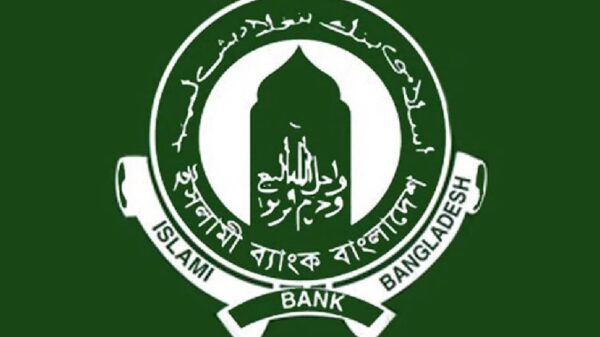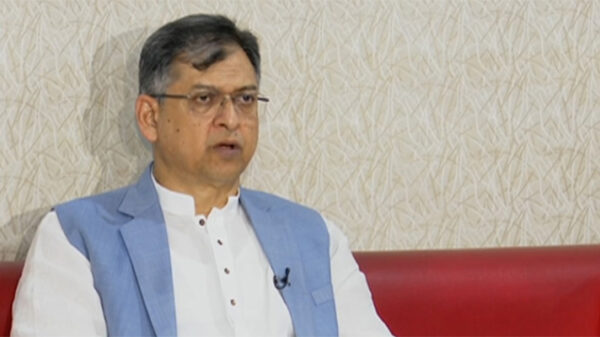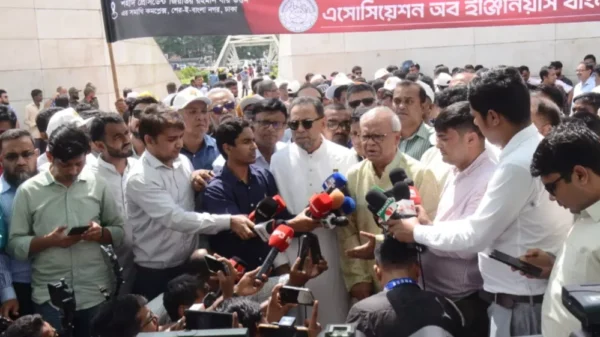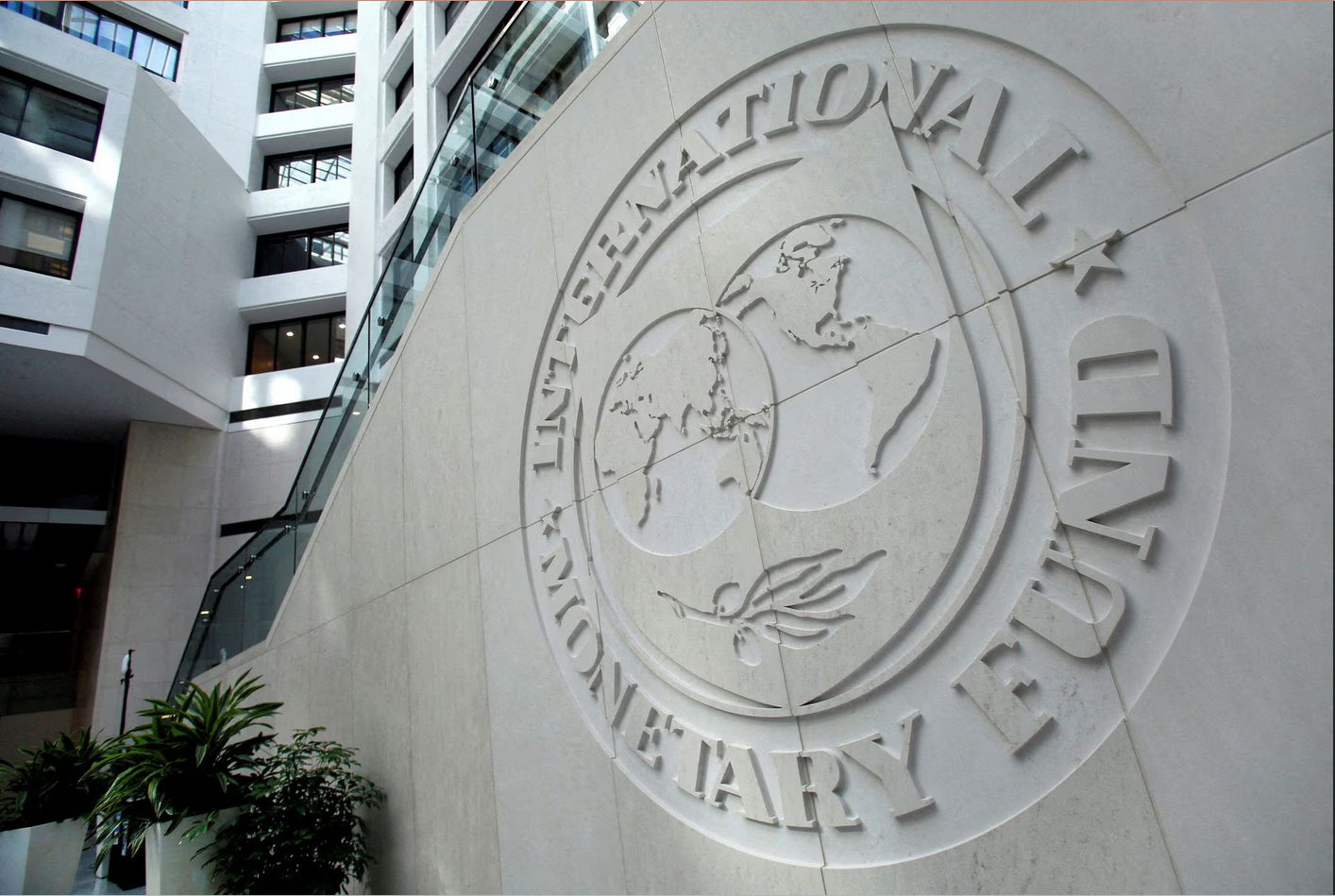Staff Reporter:
On January 30, the board meeting of the International Monetary Fund (IMF) approved a loan of $4.7 billion for Bangladesh. It will be given in seven installments over 42 months. The average interest rate of this loan is 2.2% and $3.3bn will be provided from the Enhanced Credit Facility or Extended Fund (ECF/EMF) while $1.4bn will be made available under the Resilience and Sustainability Facility.
According to the IMF, this loan will help to protect the stability of Bangladesh’s overall economy, make necessary reforms to create more capacity for social and development spending, strengthen the financial sector, modernize the policy framework, and make people more resilient to the impact of climate change.
Before disbursement of the loan, the IMF has long examined the trends, problems, and weaknesses of the Bangladesh economy and held discussions with government officials. Since independence, Bangladesh has achieved breakthroughs in poverty reduction, improvement of people’s living standards, expansion of education, development of public health and agriculture, infrastructure development, increase in electricity consumption, industrial development, expansion of business and trade through economic development.
According to IMF statistics, the size of Bangladesh’s economy in 2022 is considered the 35th largest in the world. The IMF noted that Bangladesh has done well during the pandemic and post-pandemic economic recovery. But since February 2022, the economy of Bangladesh has also been under pressure due to the Russia-Ukraine war and global inflation, recession and energy crisis.
In FY 2021-22, exports increased to a record amount ($52bn), but imports also increased at a comparatively higher rate ($89bn). On the other hand, remittance inflow has not increased much. As a result, there is a deficit in the balance of trade and transactions. The country’s foreign exchange reserves continue to decline rapidly. Actual reserves fell to around $48bn in August 2021 and stood at $24bn in December 2022. Therefore, IMF assistance is needed for Bangladesh to maintain trade deficit and economic stability.
Undoubtedly, the decision of the IMF is an expression of confidence in the economic management of Bangladesh. However, according to the conditions of the IMF, Bangladesh has to undertake reform activities in various sectors. For example, revenue collection should be increased by reforming the revenue sector, through which it will be possible to allocate more to the social sector, infrastructure development, public financing and investment and climate change.
Good governance and a working regulatory system should be made achievable through reforming the financial sector and our banking system. An enabling environment for trade and foreign direct investment should be created through policy structural reforms. It has also been suggested to reduce the losses to the economy by reducing subsidies in various sectors. As a result, the price of fuel oil and electricity will increase. It has also been said to limit the budget deficit, through which domestic and foreign borrowing and public spending can be reined in.
However, there is no option to implement the proposed reforms even if all conditions of the IMF are not met at the moment. Civil society and economists also suggest the implementation of these reforms for the sake of the overall economic stability of the country, bringing good governance and increasing the tax-GDP ratio of the country to bring self-reliance. Hence, the subsidy in agriculture, energy and gas-electricity should be gradually reduced.
Global recession, supply chain disruption caused by the Russia-Ukraine war, inflation, etc — as well as several internal problems — require immediate attention and remedial measures. Renowned economists, civil society and bankers of the country are writing extensively identifying the various weaknesses of the banking system, or discussing them in meetings and seminars.
The facilities and concessions given to borrowers in the last five years are unprecedented. This did not improve debt collection. Additionally, defaulted loans are always covered up. The amount of debt of willful defaulters has thus increased.
Last year in September, according to Bangladesh Bank’s calculations, defaulted loans in banks and financial institutions were Tk 1 lakh 50 thousand crores. Many opine that the actual defaulted debt is around Tk4 lakh-crore, including the defaulted debt that has been hidden by various opportunities and write-offs. Bad loans and money laundering are increasing due to lack of good governance in banks. Moreover, money laundering under the guise of business has now become a casual affair. Neither the NBR, the BFIU, the ACC, nor law enforcement are able to take effective action.
But something has to be done, and it has to be done now.
On top of that, about 1.4 million Bangladeshis are working abroad. All but a few Bangladeshis living in Europe and North America regularly send remittances to the country. But many do not send remittances through legitimate channels. Due to the rise of the hundi trade, the desired foreign currency does not reach the country. Again, a significant part of the country’s export income is being left abroad.
Due to these reasons, foreign exchange crisis has arisen in the country. Despite Bangladesh Bank releasing foreign currency in the market at regular intervals, the crisis is not yet over. The domestic currency has already depreciated by around 20-22%.
Another reason for the scarcity of foreign exchange is that a class of bank officials, exchange houses, and even regular people are holding on to themselves for several days to sell dollars/pounds/euro later by inflating the prices. The foreign exchange market has also been destabilized due to illegal dollar-pound trading. Meanwhile, scheduled banks are unable to provide dollars for opening LCs to import daily necessities and raw materials for export.
Along with the foreign exchange crisis due to the global shock, foreign investment in the country is gradually decreasing. Depreciation of currency, capital market price ceiling, corruption, bureaucratic complications, dollar crunch, NBR’s tax exemption benefits and difficulty in repatriation of profits etc. have seen a slowdown in foreign investment in the past few years.
Especially last year, the FDI stock decreased in the three sectors of equity capital, reinvested income and inter-company loans. Apart from this, new foreign investment is also not coming. Efforts to ease business by eliminating corruption and bureaucratic complications have made little progress. It is important to investigate the causes of investment decline and find solutions.
Along with foreign investment, the amount of foreign aid commitments and financial concessions also decreased in the current fiscal year. Typically, $300 to $400 million in aid commitments are received in the first six months of the fiscal year. According to sources from the Department of Economic Relations, only $1.76bn has been pledged from development partners from July to December of the current fiscal year.
Apart from this, due to the inefficiency and lengthy process in implementing the foreign aided projects, the financial concessions of the development partners have also decreased. If the country’s reserves are low and it is possible to show skills in the implementation of foreign aided projects and the selection of the right development projects during the dollar crisis, the inflow of dollars in the country would have increased, which could have played a role in solving the crisis.
Over the past several years, the amount and size of annual budget allocations have been increasing in anticipation of high growth in the country. Higher revenue collection targets are being set to keep the budget deficit at four to six percent. But no year the revenue is collected as per the target. This led to a widening of the deficit, which was met through internal and external borrowing. As a result, the amount of debt of the government is gradually increasing.
Therefore, the annual loan repayment amount is increasing every year. It is estimated that by the end of 2023, the foreign debt will stand at about $100bn. By the end of 2024, this debt may reach $120bn. In 2021, the government repaid foreign debt of $2bn with interest. In 2022, foreign debt repayment was almost double of the previous year.
The repayment amount in 2024 may exceed three times of the previous year. In such a case, one must be careful about taking loans from any country other than MNCs and about the terms of the loan. Of course, our debt repayment capacity is also increasing year by year.
In recent years, private foreign borrowing has been gradually increasing. At present, the amount of foreign debt in the private sector is $26bn. The government also has to provide guarantees for loans taken by the private sector. During the foreign exchange crisis, private loans are creating additional pressure on Bangladesh Bank’s foreign exchange management. Foreign loans like bank loans fall on the government if defaulted by a private individual or company. Therefore, if the matter is not monitored properly, there is a risk of danger in the future.
In addition to the loan received from the IMF in the month of February, immediate attention should be given to increasing exports and ensuring that export earnings are brought home and bringing in foreign earnings through legal channels.
Finally, it can be said that the patriotism and united efforts and skills of individuals, businessmen, entrepreneurs, professionals, expatriate Bangladeshis, and policy-makers can play a helpful role in the economic recovery of the country.










































